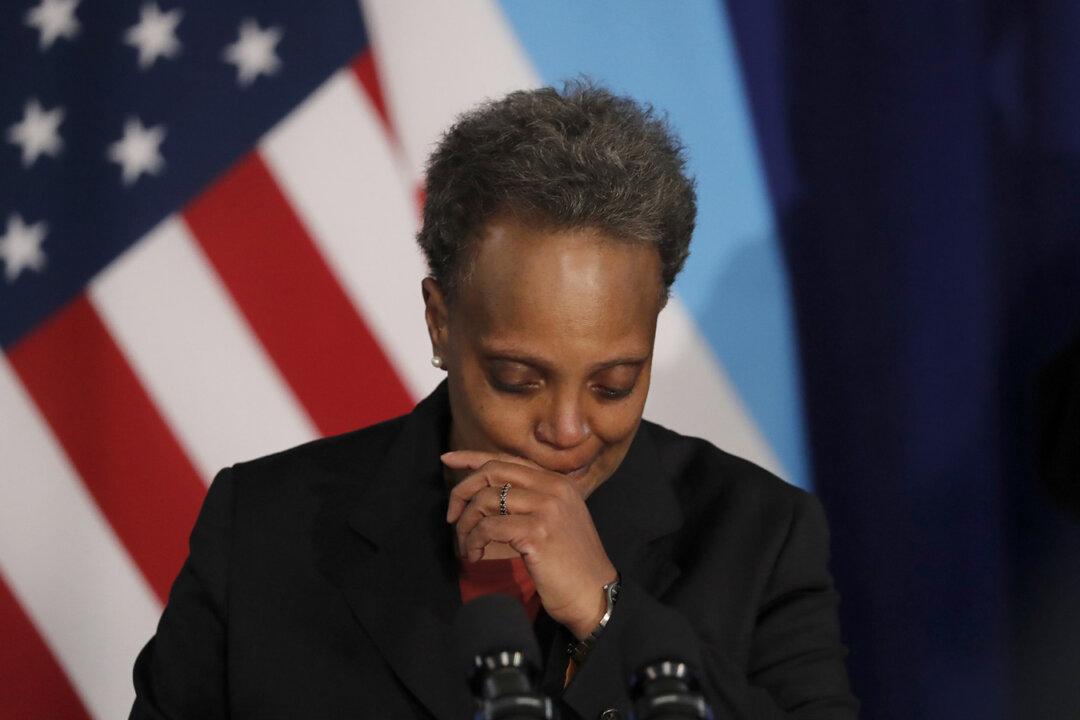Tyson Foods is the latest major corporation to flee Chicago, like Boeing and Caterpillar, due to out of control crime rates under its Democrat mayor, Lori Lightfoot.
Chicago has faced a number of corporate departures in recent months, almost three years into the city’s unprecedented crime wave.





